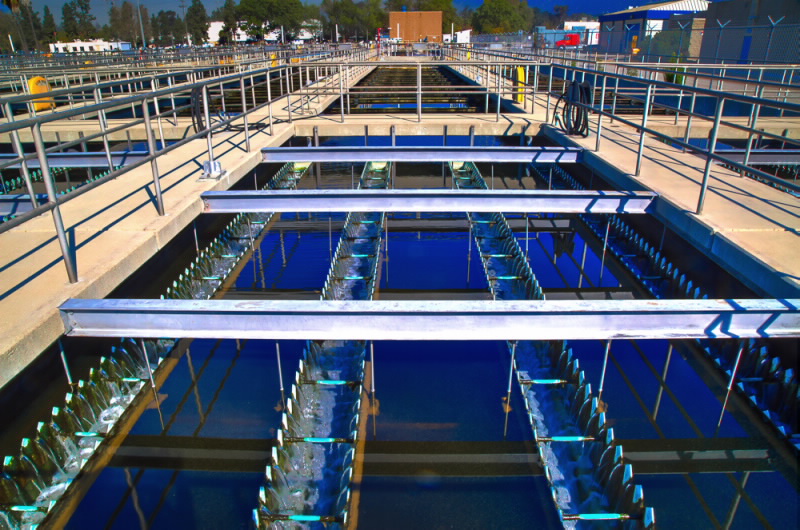SANTA MONICA — Santa Monica based advocacy group, Los Angeles Waterkeeper, has won a court decision mandating the State Water Resources Control Board to conduct a review of four water treatment plants policy of dumping billions of gallons wastewater into the ocean rather than recycling it.
The Los Angeles Superior Court filed the decision on August 4 requiring the State Board to provide analysis of the Hyperion, Tillman, Glendale, and Burbank water treatment plants’ wastewater dumping and potential for recycling.
According to Los Angeles Waterkeeper, 500 million gallons of treated wastewater is pumped into California’s coastline every day. The four water plants involved in Waterkeeper’s lawsuit make up 270 million of these daily gallons. Over 100 million gallons are also discharged into rivers before entering the ocean. The Hyperion water treatment plant alone releases enough wastewater in the ocean each day to fill the Rose Bowl 2.5 times.
Los Angeles Waterkeeper wrote in a press release that recycling a majority of the wastewater discharged into the ocean could provide up to a third of greater Los Angeles’ water supply.
The legal argument presented by Los Angeles Waterkeeper rests on Article X Section 2 of the California Constitution. In regards to the treatment and conservation of water, this section requires that “the waste or unreasonable use or unreasonable method of use of water be prevented.”
The clause has historically been used to prevent the water pollution upstream from communities or properties downstream; Los Angeles Waterkeeper aimed to broaden the definition of “waste or unreasonable use.” Waterkeeper wrote in a press release the clause “must be more expansive in light of today’s increasingly strained water supplies, especially as climate change makes our water future even more uncertain.”
Los Angeles Waterkeeper believes that the recycling of wastewater would result in a reduced carbon footprint, a reduction of imported water, and less ocean pollution.
Superior Court Judge James Chalfant ruled in Los Angeles Waterkeeper’s favor, citing that the lack of analysis and review from the State Board in regard to the wastewater dumping policy, “The State Board cannot demonstrate a rational connection between its decision to do nothing to prevent waste and its constitutional and statutory duty to do so.”
Although the ruling only applies to the four water treatment plants in the lawsuit, Waterkeeper believes the ruling could have much longer and further-reaching effects. “It can easily be applied to the other major sewage treatment plants in the LA region and throughout California. And one can imagine that Chalfant’s logic could even be applied to insufficient capture and reuse of urban and stormwater runoff, or to inadequate groundwater remediation.”
The court noted in its decision that they will not dictate the nature of the wastewater dumping evaluation. The court will mandate that in the State Board’s review they must consider all relevant factors, develop a factual record for judicial review of the decision, and demonstrate a “rational connection between the factors considered, the choices made, and the purpose of Article X, section 2 and section 100.”
The court also questions if previous efforts regarding water conservation could’ve been better directed at the recycling of water, writing, “Not long ago, the court had a case in which Los Angeles’ Department of Water and Power spent $500 million in rebates for homeowners to plant desert planting in lieu of grass in their lards. The benefits of this expenditure were dubious… Could these monies have been better spent recycling the POTWs’ [publicly owned treatment works] wastewater discharge? We cannot know until the State Board conducts an evaluation of the reasonableness/waste of the discharges.”
The court noted what they did know was that “[California’s] constitution prohibits unreasonable use of water and that recycling water is a high priority in California.”
Los Angeles Waterkeeper ended their press release saying, “The ruling on the Waste and Unreasonable Use case is ultimately a victory for Los Angeles, a victory for California, a victory for a sustainable water supply for our future, as well as a victory towards climate resilience. It is time for the State to take Integrated Water Management much more seriously as a means to improve water supply resiliency and sustainability.”






